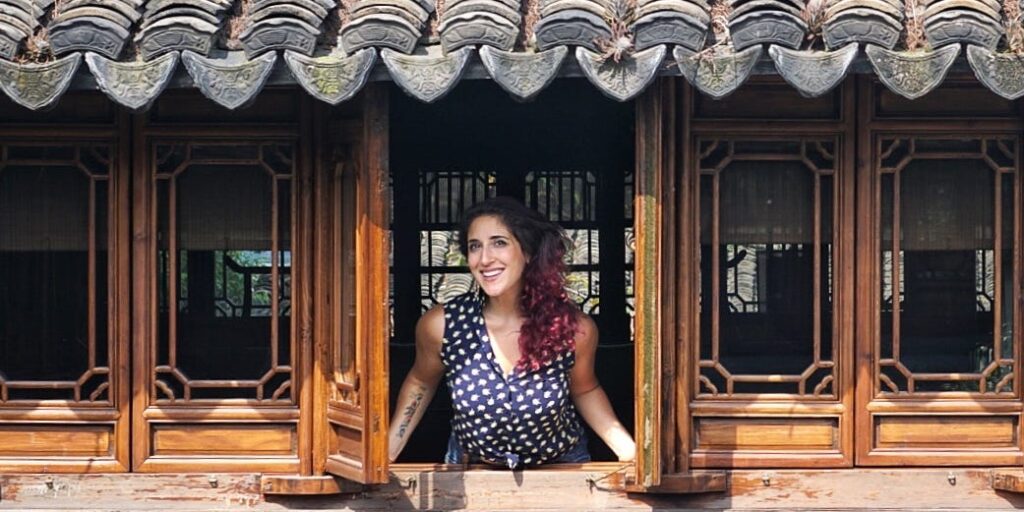I arrived in Shanghai from Chicago in 2015, equipped with an 18-month work contract, a bulging suitcase, and 20 boxes on the way. My arrival in a country I had never visited was anything but ordinary.
Having spent time in Israel and Argentina, I considered myself a “global citizen,” believing I’d quickly settle into my new life. Spoiler alert: I was overly confident.
The reality hit me fast: China has its own ways, and it doesn’t adapt to outside expectations. Instead, I learned to navigate this expansive culture by adjusting my own pace and accepting that many answers simply boil down to “because it’s China.”
We settled in a high-rise complex in Shanghai, home to a population that rivals my husband’s hometown. Over the years, I grew accustomed to receiving hot tea at restaurants even on the hottest days and stopped being surprised to see skin-whitening ingredients in every face wash.
During my early years in China, I cherished the rare compliments on my improving Chinese, but it was far more common for children to point at me and exclaim, “Look, mom, a laowai!” — a term meaning foreigner. No matter how many local sites I visited, shows I watched, or characters I practiced writing, I would always be recognized as a laowai.
Recently, while visiting my hometown in the U.S., I participated in one of my favorite summer traditions: the Minnesota State Fair. This annual celebration features carnival attractions, agricultural displays, fireworks, and, of course, an abundance of sugary, fried treats. As I strolled past rows of American flags, snapping pictures, I felt a sense of unfamiliarity akin to my first year in China, grappling with reverse culture shock. I realized I no longer quite fit in with my football-loving, beer-drinking community.
In many ways, I became a foreigner all over again, this time in a familiar place.
Over the years, my understanding of home has evolved, along with my daily habits. From drinking hot water for any ailment to relying on Traditional Chinese Medicine for health, my values and beliefs have shifted in unexpected ways. I’ve come to accept that I will never fully belong to Chinese culture, just as I won’t entirely fit the mold of my American roots.
For many expatriates, this sense of alienation is common. It’s a bittersweet realization: adapting to a new culture can mean losing touch with your origins. Through living abroad, I’ve traded the dream of a traditional home for spontaneous travels across Asia.
As the world becomes more multicultural, feelings of displacement and dual identity often arise. Although I’m not a “third culture kid,” a term for those who grow up outside their parents’ home country, I definitely resonate with being a “third culture adult.” I blend my American upbringing with experiences from China, creating a fluid identity that defies traditional definitions.
Relating to friends and family back home has become a challenge; they don’t understand my desire to trek through the Tibetan Autonomous Region or my obsession with black sesame desserts. Their experiences, such as remodeling a bathroom, feel foreign to me.
Through it all, I’ve learned to embrace the humorous and humbling “China moments.” In my early days in China, being called laowai marked my status as an outsider. Now, I proudly wear it as a badge of honor, symbolizing my journey and growth.
As I look to the future, I understand that my journey isn’t solely about navigating the intricacies of being a foreigner but reconciling that identity with my beginnings. Perhaps I am not meant to belong entirely anywhere, but instead to find comfort in the spaces between cultures.
I appreciate my life in Shanghai and the challenges that accompany it.


